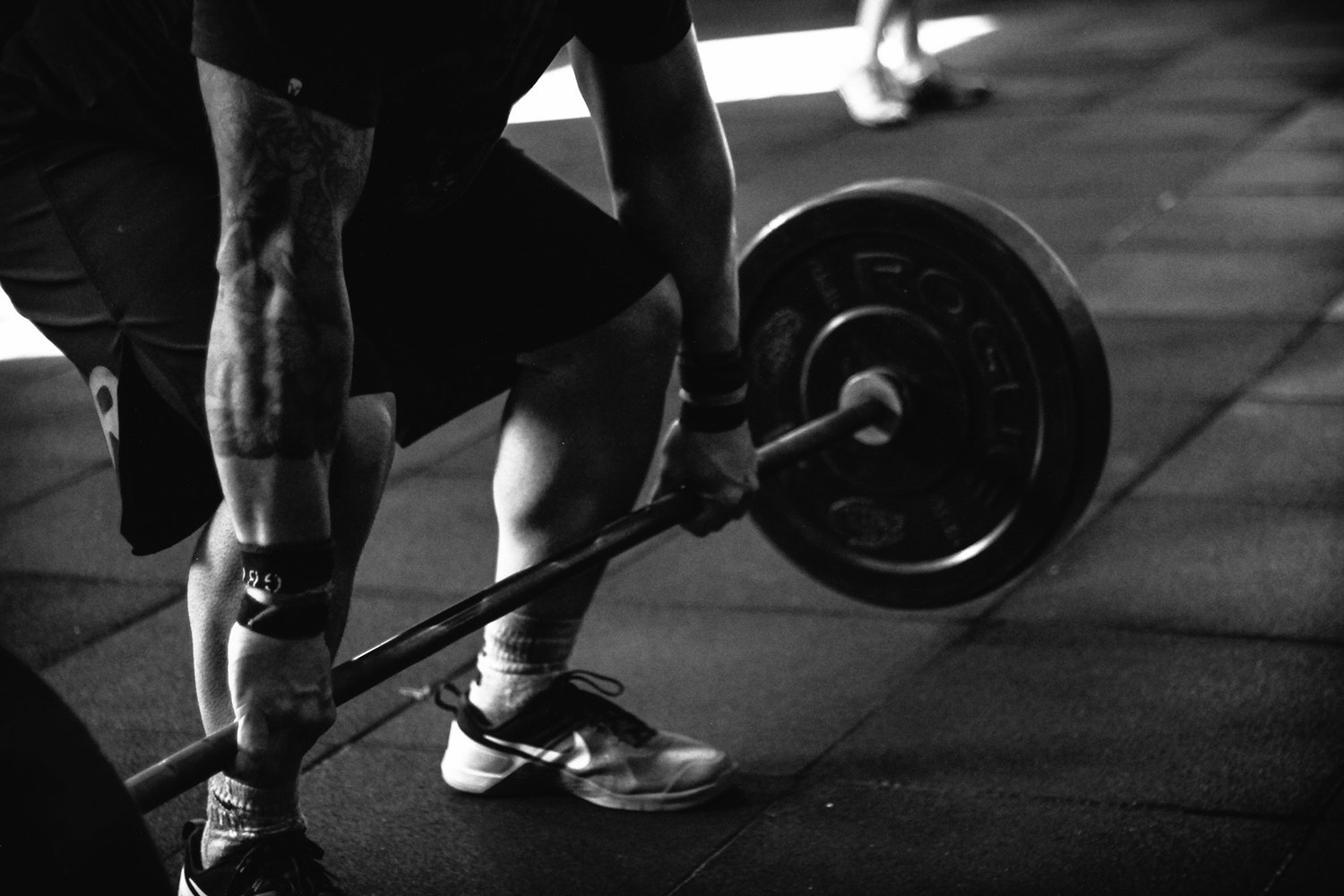Focusing on fitness isn’t necessarily a bad thing – even though some people can fall into an unhealthy obsession. If you’ve made fitness your ultimate goal to the point where you eat, sleep, and breathe your workouts, shakes, and meal plans, consider the following points to keep yourself in balance.
1. It’s possible to overtrain
Avoiding overtraining your body can’t be emphasized enough. The danger occurs when people apply an entrepreneurial mindset to their workouts. “I can handle it, my body’s fit enough, I can push past the pain, I’m not a quitter.” These thoughts are great in business, but can’t be applied to fitness.
When you’re training your muscles, you’re actually damaging them by ripping them apart. You’re overloading your muscles until the fibers literally start tearing apart. It sounds gruesome, but it’s the truth. Once torn, your muscles need time to recover from the trauma. When left alone to recover, your muscles will grow stronger and thicker to accommodate for a larger load next time. In other words, your muscles are growing while you’re sitting in bed in your pajamas, not when you’re in the gym.
Additionally, your body needs time to restore its balance of hormones and neurotransmitters. Take it from a professional trainer, when you overtrain your body, your strength and muscular endurance will go down. Less really is more.
Maintaining focus on fitness as a way of life has the potential to make you feel guilty for taking time off to properly recover. If you lean toward guilt while resting, consider shifting your focus toward listening to your body instead. Once you understand how your body builds muscle, you should have no problem taking days off.
2. Know why you’re taking supplements and powders
Very few fitness buffs are empty-handed when it comes to supplements and powders. It’s safe to say most workouts are either preceded or followed by a shake of some kind. Whether it’s a blended concoction of supplements and proteins, or vegetables and vitamins carefully extracted from capsules, the combinations of what people consume are infinite.
If you’ve got a shake routine, that’s wonderful. You’re feeding your body the nutrition it needs and you probably feel better when you drink it. The question isn’t whether or not shakes and supplements can provide nutrition. The question is, do you know what you’re consuming and why?
Protein powders
All protein powders are not all created equal. In fact, some contain ingredients that can work against your personal fitness goals like sugar, artificial sweeteners, excessive calories, and soy. What works for one person may not work for you.
Remember that protein powders don’t actually contain protein – they contain the amino acids your body will use to synthesize protein. If you don’t know what amino acids you need, any choice you make will be blind.
This thorough guide to choosing a whey protein powder makes it easy to sort out by breaking down the composition, flavor, and cost per serving for over 20 different products. They’ve conveniently categorized them according to some common goals like building muscle, gaining weight, and losing weight.
Green powders
Green drinks are popular. If you haven’t tossed dinosaur kale in a blender with some green powder and almond milk, you haven’t lived.
Have you ever wondered why green drinks are so popular despite their high price tag? Most green drinks contain a few ingredients known to be nutritionally dense, like spirulina and chlorella. These two ingredients provide the power for green powder to be marketed and sold as a “superfood.”
According to Dr. Mercola, spirulina is “a type of blue-green algae, is an incredible superfood that provides a concentrated source of protein, vitamins, antioxidants, and other nutrients.” In other parts of the world, spirulina is used to prevent malnutrition.
Here’s what makes spirulina a superfood:
- It’s 50-70% protein by weight containing all essential amino acids and 10 of the 12 non-essential amino acids. These proteins are highly digestible. Spirulina doesn’t have cellulose walls, so no cooking is required to increase the bioavailability of its proteins.
- It’s exceptionally high in vitamin B-12 and vitamin K, among others.
- It’s rich in iodine, essential fatty acids, and low in carbohydrates.
- It’s filled with minerals your body needs like calcium, iron, magnesium, selenium, potassium, zinc, and manganese.
- It helps bind radioactive isotopes with metallo-thionine compounds.
Train smarter, not harder
Approaching fitness based on what your body needs is the smartest way to train. Training too hard
only seems admirable when you want to maintain an image, not when you want to
maintain your heal


